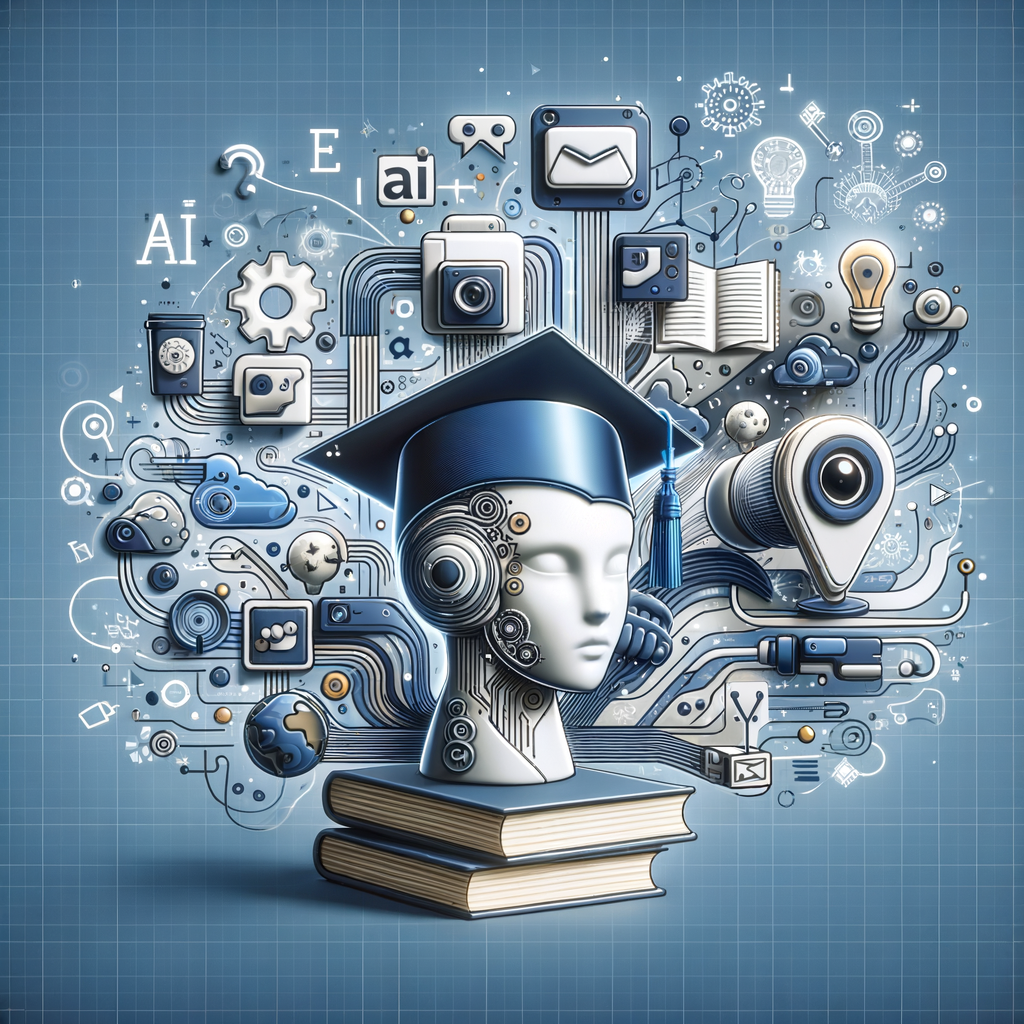
AI Transformations in Personalized Education: Crafting Tomorrow's Learning Experience
Explore how AI is revolutionizing personalized education by tailoring learning experiences to individual student needs. Discover the cutting-edge technology behind adaptive learning platforms, AI-driven content curation, and intelligent tutoring systems that are shaping the future of education.
AI Transformations in Personalized Education: Crafting Tomorrow's Learning Experience
In recent years, artificial intelligence has begun to radically transform various sectors, including education. As educators and technologists aim to provide more tailored and effective learning experiences, AI-powered tools are playing an increasingly crucial role in reshaping how education is delivered and consumed. This post explores AI's profound impact on personalized education, highlighting how it customizes learning processes to suit each student's unique needs and learning style.
The Rise of Personalized Learning
Personalized learning shifts away from the one-size-fits-all approach, offering tailored educational experiences. This model emphasizes student-centered learning, where instructional methods, educational content, and academic support are catered specifically to individual learners. The rise of AI has accelerated the development of personalized learning strategies, ensuring that they are more precise, effective, and scalable.
Adaptive Learning Platforms
At the heart of personalized education are adaptive learning platforms powered by AI algorithms that continuously assess a student's performance and adjust the path of learning accordingly. These platforms use data to understand where a student excels or struggles, offering additional problems, resources, or explanations as needed. The AI analyzes various data points like response time, accuracy, and problem-solving approaches to tailor future learning experiences.
Key Features
- Dynamic Curriculum: The curriculum adapts in real-time, responding to the learner's achievements and areas requiring improvement.
- Feedback Loops: Immediate, personalized feedback helps learners correct mistakes and reinforces learning outcomes.
- Engagement Tools: Interactive tools maintain engagement, addressing the diverse ways students interact with content.
Intelligent Tutoring Systems
AI-powered intelligent tutoring systems (ITS) simulate one-on-one human tutoring. These systems offer detailed guidance by understanding students' needs and preferences through continuous monitoring. ITS can offer hints, corrective feedback, and alternative explanations to aid comprehension.
Advantages
- Cost Efficiency: Decreases dependency on human tutors, providing quality guidance at scale.
- Availability: AI tutors are available round-the-clock, unlike human tutors who have limitations.
- Scalability: Ability to manage large quantities of personalized sessions simultaneously across diverse educational contexts.
AI-Driven Content Curation
Beyond just learning processes, AI is influencing how educational content is created and curated. Algorithms can assist in crafting new content, adjusting complexity levels, or even translating materials to different languages. Content curation involves filtering and organizing information to present the most relevant content to the learner.
Innovations
- Content Recommendation Engines: Similar to media services, these engines suggest learning materials that align with students’ historical preferences and developmental goals.
- Virtual Classrooms: Integrating AI gives rise to virtual classrooms where learning is tailored globally and interactively.
The Role of Data and Privacy
With AI's potential, the usage of vast amounts of student data raises privacy and ethical concerns. Protecting data while leveraging it effectively is crucial for educators deploying AI systems.
Balancing the Equation
- Consent and Transparency: Ensure students and parents understand what data is collected and how it is used.
- Data Security Measures: Policies and technologies must be in place to protect sensitive information from unauthorized access.
- Regulatory Compliance: Follow standards such as GDPR and FERPA to ensure responsible usage of data.
The Future of AI in Education
As AI technology continues to evolve, so will its applications in education, making it even more personalized and efficient. Future advancements might incorporate more complex analytics, social learning theories, emotional AI considerations, and real-world applications to enhance personalized learning.
Potential Developments
- Emotional Recognition: Understanding and adapting to learners’ emotional states to tailor support effectively.
- Collaborative AI Tools: Enabling collaborative learning experiences where AI facilitates group studies or projects.
- Holistic Learning Paths: AI will not only focus on academics but also foster socio-emotional, ethical, and critical thinking skills.
AI's ability to transform personalized education holds immense potential to make learning more inclusive, effective, and engaging. By leveraging AI, educators can craft learning experiences that not only meet the diverse needs of individual students but also prepare them for a rapidly changing future.